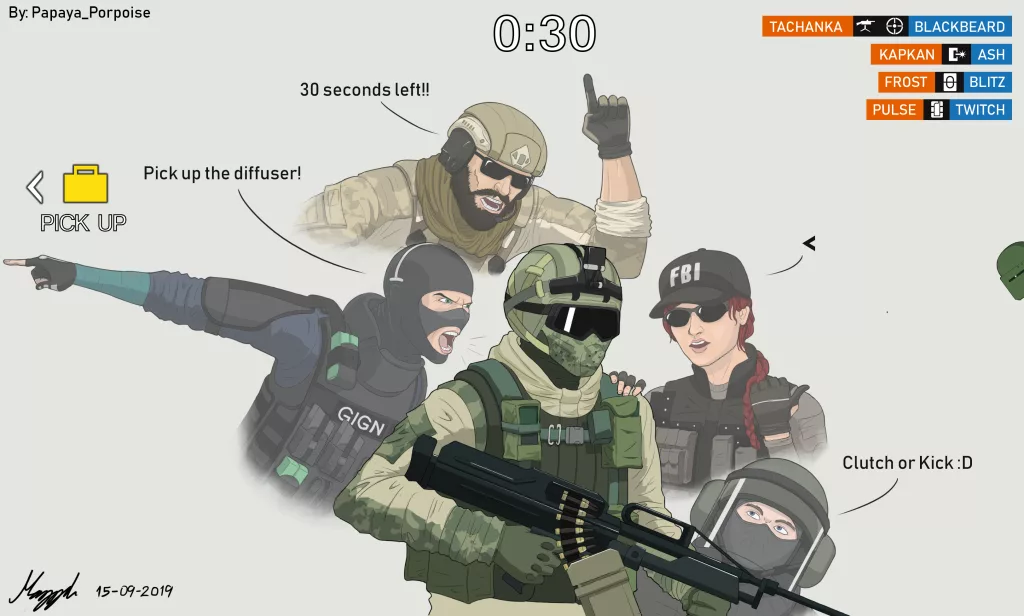Have you ever played a video game with a friend who kept directing your every move and instruction? If so, you’ve engaged in a practice called backseat gaming.
It occurs when someone who isn’t participating in the game offers the participant unwelcome hints, criticism, or advice. While occasionally useful, it can also be unpleasant and obtrusive. We will discuss backseat gaming in more detail, including what it is, how it occurs, and solutions.
What it is?

Let’s face it, backseat gaming is the curse of every player’s being. The mere notion of it can cause a gamer’s temperature to rise and their handheld device to slip from their grasp. It’s the uninvited advice, the unnecessary commentary, and the continual criticism that erodes a player’s faith in their abilities and enjoyment of the game.
Imagine, if you will, settling in for a night of interactive entertainment, thrilled to discover a new virtual world or conquer a challenging level. Your eyes are fixated on the screen, your digits poised to take on any adversary, when suddenly, from behind you, arises the sound of a voice. A voice that does not belong to a character in the game, but to a backseat gamer, enthusiastic to convey their wisdom to you.
“Hey, you’re doing it incorrectly!” they say. “Why are you utilizing that weapon? It’s not as efficient as this one!” they declare. You attempt to disregard them, to concentrate on the game, but their words infiltrate your psyche, diverting you from the task at hand.
It is not just the distraction that makes backseat gaming so vexing. It’s the impression that you’re not the one in charge of your own gaming experience. That you’re being instructed what to do, how to play, and that your instincts and inventiveness are being suppressed. It’s similar to having a passenger dictating you’re driving, only more intolerable since the stakes are considerably higher – this is your precious gaming time, after all.
How does it happen?

Backseat gaming happens when an individual who is not participating in a video game but is observing another person play, provides unwanted counsel or guidance on how to play the game. This can be bothersome for the individual playing, as it can disturb their concentration and hinder their capacity to relish the game.
Backseat gaming can manifest in different ways, such as when an individual:
- Criticizes the player’s gameplay choices
- Instructs the player on what to do or how to solve a puzzle
- Highlights things the player may have overlooked
- Provides spoilers or clues that the player may not desire to hear
- Frequently asks questions about the game or its mechanics
While some players may appreciate constructive feedback or assistance, backseat gaming can rapidly become vexing or distracting. It’s essential for backseat gamers to value the player’s experience and boundaries, and to only offer help if it’s explicitly requested.
How to not be one?
Do you ever find yourself wanting to help out your friend while they’re playing a game, but you’re not sure if you’re being too pushy? Don’t worry, there are some easy ways to help them without being a backseat gamer!
When offering assistance, strive to be as clear as possible. Tell your friend you’re not there to replace them or belittle their abilities; you’re only trying to help. Also, be careful not to offer counsel without first getting permission.
Next, be mindful of your friend’s game preferences. It’s crucial to let children play however they want to, even if you would do things differently. Additionally, always endeavor to be upbeat and motivating rather than critical or derogatory.
Before attempting to assist, spend some time to become familiar with the game if you are unfamiliar. If you and a friend both like the game, consider playing in co-op mode so you can collaborate and exchange tips and strategies.
Don’t worry too much about being the perfect helper; after all, gaming should be pleasurable and fun.
Wrapping up
Those who merely want to enjoy their gaming on their terms may find backseat gaming to be a genuine pain. A small bit of direction or advice might be beneficial, but excessive criticism, unwelcome commentary, and unwanted counsel can greatly damage a player’s immersion in the game and reduce their overall enjoyment.
Players and viewers should be considerate of one another’s experiences and freely and honestly discuss their expectations for the gaming session. In the end, the gaming community should work to foster a space where everyone may enjoy themselves independently, free from the obtrusive intrusion of backseat gaming.





